In Brazil’s busiest city, São Paulo, motorcycles are fast, efficient, and everywhere — unless you want to hail one.

Subscribe to our Telegram channel for instant updates!
In a country where millions rely on two wheels to move, work, and survive, São Paulo — Latin America’s financial capital — is standing still. While Uber Moto and 99Moto zip through traffic in over 3,000 Brazilian cities, they’re banned in just one that matters most: São Paulo.
That’s right. In a city that loses more than 111 hours a year to rush-hour traffic, officials have shut the door on a ride-hailing revolution. Instead of adapting to the realities of urban mobility, São Paulo’s government is digging in its heels, banning services like Uber Moto and 99Moto under the banner of public safety — even as the rest of Brazil races ahead.
The Ban That Backfired
When Uber and 99 ignored São Paulo’s 2023 ban and went live in January 2025, the result was electric — literally. Half a million rides in just 14 days, and millions of reais earned by riders. The city’s response? Legal action. Lawsuits. Strong words about “slaughter” and “safety.”
But here’s the twist: Brazil’s own Supreme Court already ruled that cities can’t outright ban ride-hailing. So what’s happening in São Paulo? A dangerous game of legal gymnastics — one that’s leaving thousands of riders and commuters stuck in limbo.

What’s Really at Stake?
Let’s be honest: this isn’t just a debate about traffic laws. It’s about who gets to shape the future of urban mobility. On one side, legacy politics clinging to outdated traffic models. On the other, millions of working-class Brazilians — couriers, delivery riders, and commuters — rely on two wheels to survive and move fast in cities that refuse to keep up.
Yes, motorcycles are risky. But so is walking in São Paulo traffic. The solution isn’t bans — it’s smart regulation, safety training, and infrastructure built for the reality on the ground.
People Want It. Riders Need It.
Seven out of ten residents support motorcycle ride-hailing in São Paulo. Councilors from all parties are pushing for legislation. Even rival companies like Uber and 99 are joining forces — not to wage war, but to push for clarity, safety, and opportunity.
Meanwhile, traffic worsens. Costs rise. And motorcyclists — the very people powering the city’s logistics and food systems — are left in the cold.
São Paulo Has a Choice
It can lead, regulate, and modernise. Or it can stand in the way and be remembered as the city that tried to ban progress.
Motorcycles aren’t going anywhere. The question is: Will São Paulo finally get on the bike?



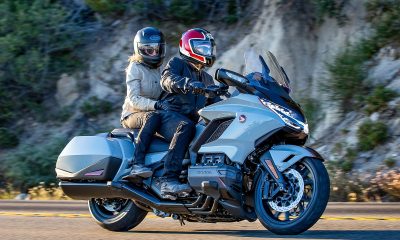

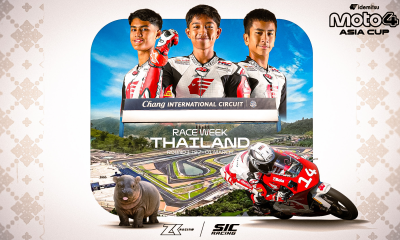

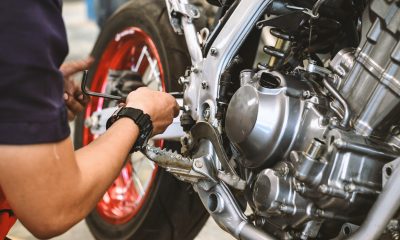

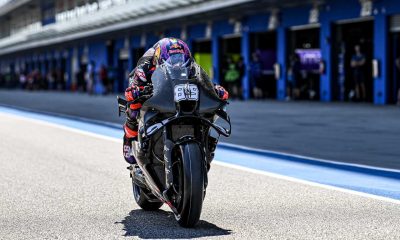
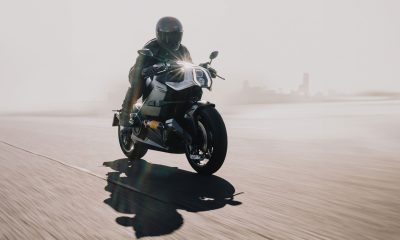
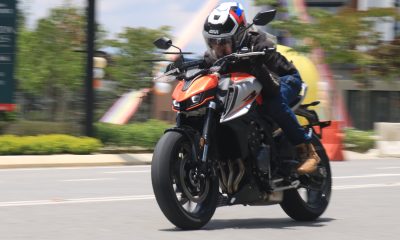
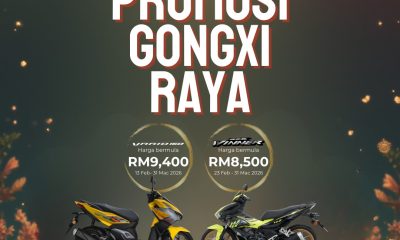
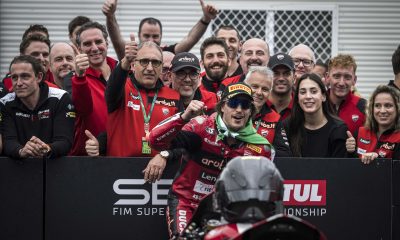
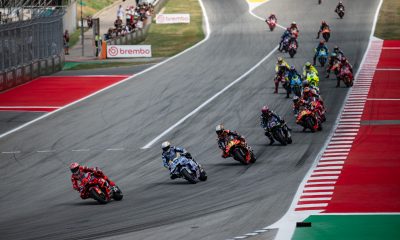
















Facebook
Instagram
X (Twitter)
YouTube
LinkedIn
RSS